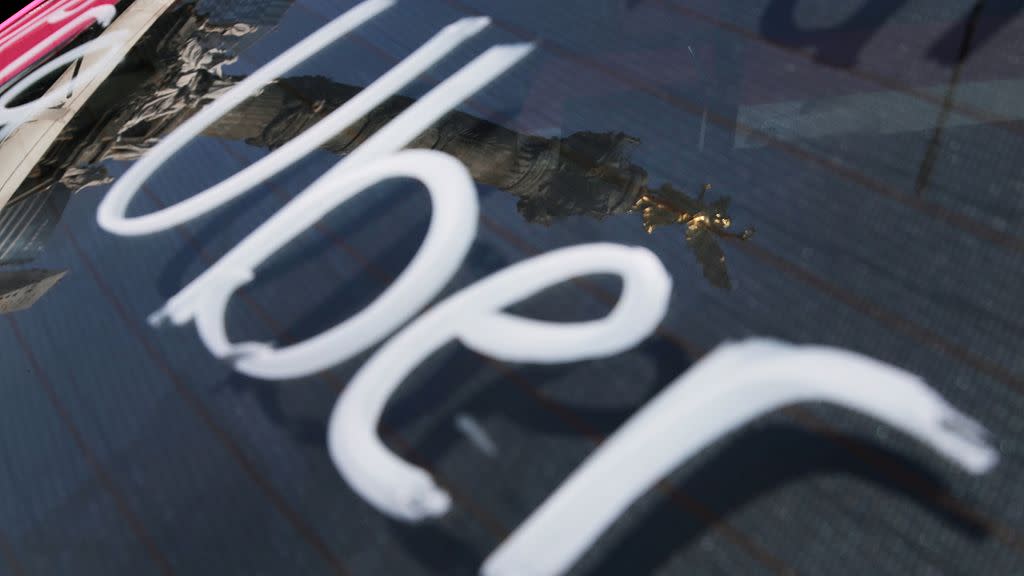Estonia threatens to block Airbnb tax-hike plan

Finance ministers gather in Brussels tomorrow (14 May), and all eyes will be on one of the bloc’s tiniest members.
Estonia appears to be the last holdout on a sweeping change to adapt value-added tax for the digital age, three sources briefed on negotiations told Euronews – and its government still has the power to block the reform.
The new legislation seeks to make hotel and taxi booking sites like Airbnb and Uber directly responsible for registering for the sales tax, potentially hiking prices by as much as 25%.
Under current arrangements, it’s the final provider of services who must comply with tax obligations. Brussels regards that as a loophole, as in practice few accommodation owners or cab drivers bother to do so.
That in turn infuriates owners of conventional hotels, who do charge VAT, and say it's unfair that they have to compete against digital alternatives that don’t.
After a year and a half of wrangling, officials from Belgium – which currently chairs talks in the EU’s Council – have put the issue on the agenda for political agreement.
They believe they’ve found a text that resolves most of the technical issues, such as concerns about disproportionate burdens on small businesses.
Under the new plans, each EU member state can decide whether to opt in to the “deemed supplier” arrangements that are designed to catch Airbnb.
But not everyone’s happy. Ride-sharing app Bolt argues the plans are unfair, as many conventional taxi drivers are small operations that don’t have to pay VAT.
Estonia, where Bolt is headquartered, is fighting the corner of its national champion. And that could spell trouble: as under EU tax law, legislation must be agreed by all of the bloc’s 27 members – meaning any single one can wield a veto.
In an emailed statement, Estonian finance minister Mart Võrklaev told Euronews he still wasn’t happy with online platform provisions.
“We still have serious concerns with the deemed supplier regime, how it affects costs for small and medium-sized enterprises and consumers, and increases administrative burden and cost,” Võrklaev said, adding that he wanted the new proposals to be fully optional.
According to one EU diplomat speaking on condition of anonymity, those further changes sought by Estonia “would mean leaving this part of the proposal empty of content.”
If the VAT plan is agreed, however, it would be the latest plank in Brussels’ strategy to bring the online sharing economy into the scope of existing regulations.
It follows a March deal to improve labour rights for platform workers, such as Uber and Deliveroo drivers, who were previously treated as self-employed.
If Belgian officials put the tax issue back on the agenda, it’s an indication that they see at least a chance that Tallinn can be squared and a deal agreed.
But for the time being, negotiators are staying tight-lipped about the likelihood of success.

